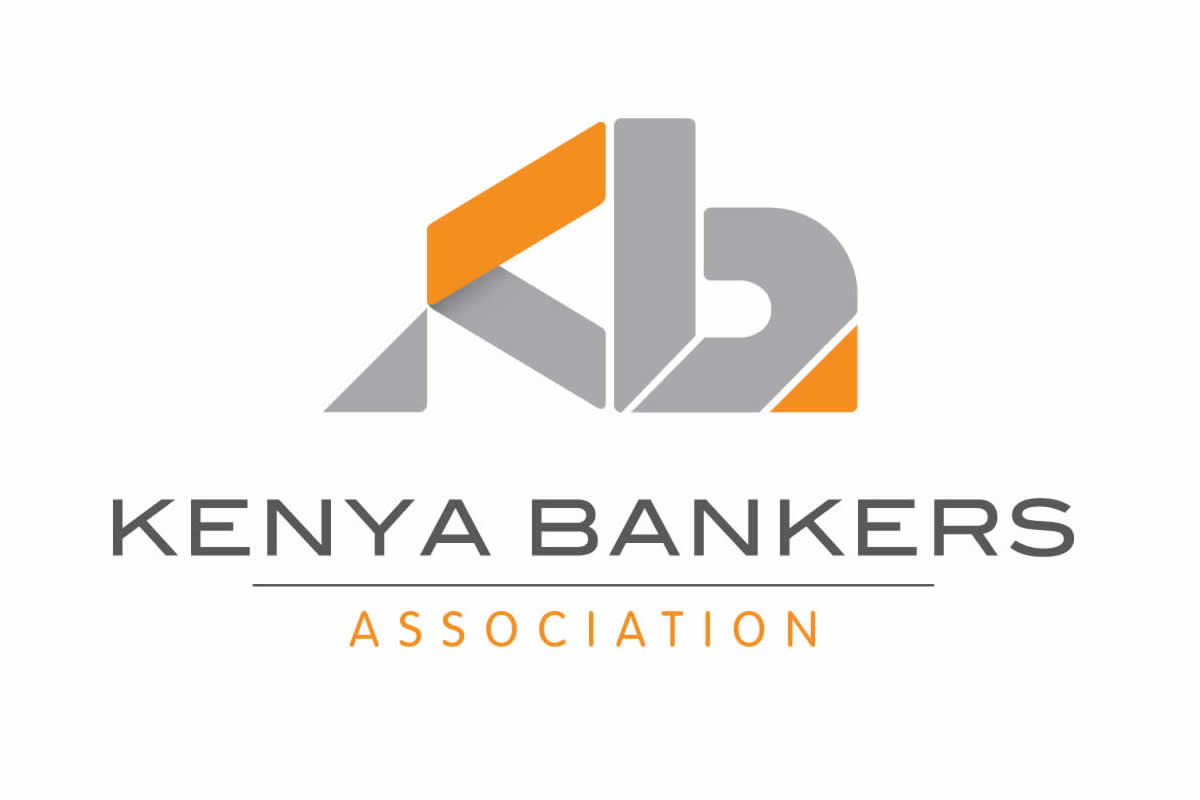- Survey Obtained Feedback From 15,179 Respondents Drawn From 47 Counties
- 3 Percent Of The Total Number Of Respondents Were Persons With Disabilities
- Preference For Fully Automated Service Rose From 39 Percent In 2019 To 43 Percent In 2020
Nairobi 21st January 2021 – Most bank clients preferred using fully automated platforms while accessing banking services in 2020, according to the Kenya Bankers Association (KBA) Customer Satisfaction Survey (2020). The report indicates that bank clients opted for contactless banking channels to reduce the possibility of infection with the Coronavirus Disease (COVID-19) through currency and bank branch visits.
The survey, which obtained feedback from over 15 thousand respondents, further notes that the need for human interface in customer service diminished significantly in 2020 compared to 2019, with 43 percent of respondents expressing preference for mobile and Internet banking channels. Only 16 percent of the survey respondents reported the need to visit their bank branches or contact call centers to transact or obtain customer support.
“Most age groups surveyed reported preference for automated services while interacting with banks, with the exception respondents above 70 years, who indicated their preference for human-assisted services to access banking solutions,” it indicates, adding that while mobile banking was the most preferred digital banking channel, older customers (56 years old and above) represented the highest share of ATM and bank branch users.
The survey also sought to establish the levels of accessibility to banking services for Persons With Disabilities. From the findings, 81 percent of PWDs reporting that they were largely able to use banking services Independently. Meanwhile, 8 percent of the clients always needed support, with 11 percent occasionally requiring assistance. Respondents with Disabilities represented 3 percent of the total number of responses.
In the survey, most respondents said they had a good experience with mobile banking applications, singling out effective aesthetics. More than 70 percent of the respondents that mentioned feature characteristics cited convenience and efficiency as their main features of interest, with ease of usage and friendliness of user interface being the other critical factors. In addition, respondents based their preference on security, highlighting log-in security as a major feature that influenced their use of the platforms.
Speaking during a virtual release of the survey findings, KBA Chief Executive Officer Dr. Habil Olaka noted that banks had to re-orient and re-frame their customer offerings in line with the requirements of the new COVID-19 context or what has become known as the “new normal”, adding that investment in Digital Banking services across the sector was a game changer.
“Besides making banking premises safe for customers, banks had to consciously encourage other, contactless forms of interaction, as much as possible. Most importantly, banks, under the leadership of the Central Bank of Kenya and the Kenya Bankers Association, instituted a number of measures to cushion customers against the adverse effects of the pandemic. These included restructuring of loans in excess of Ksh 1 trillion and removal of charges on transactions, besides heightening surveillance against fraud,” he said.
The survey respondents ranked Standard Chartered Bank as the best overall bank in digital experience, followed by Family Bank and DTB Bank respectively. In the Tier I category, Standard Chartered Bank maintained the top position, followed by DTB Bank and Equity Bank in position three. Meanwhile, Family Bank emerged best in the Tier II category with EcoBank and Prime Bank taking the second and third position respectively. Credit Bank topped in the Tier III category while Sidian and Bank of Africa took the second and third positions, respectively. To read the report Click Here.
About the Kenya Bankers Association:
KBA (www.kba.co.ke) was founded on 16th July 1962. Today, KBA is the financial sector’s leading advocacy group and banking industry umbrella body that represents total assets in excess of USD 40 billion. KBA has evolved and broadened its function to include advocacy on behalf of the banking industry and championing financial sector development through strategic projects such as the launch of the industry’s first P2P digital payments platform PesaLink. In line with the Government’s policy on public-private partnerships, KBA and Central Bank of Kenya have implemented key projects such as modernization of the National Payments System through the Automated Clearing House, implementing the Real Time Gross Settlement System (RTGS), and the Kenya Credit Information Sharing Initiative. The KBA members are comprised of commercial banks and deposit taking microfinance banks. For more information, visit www.kba.co.ke.


